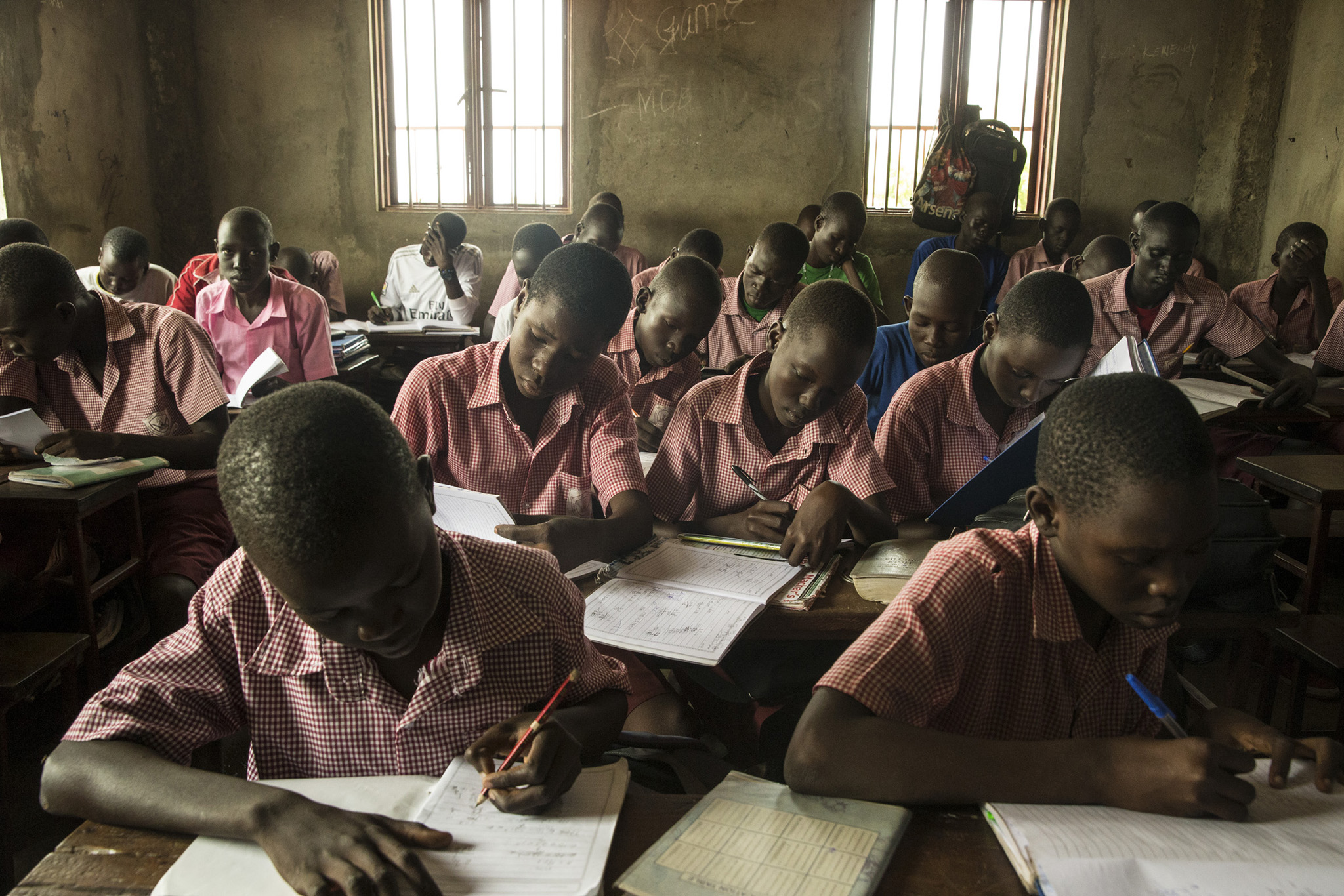The US’ ambassador to the UN, Nikki Haley, is heading to South Sudan this month as part of a brief tour through some of Africa’s most entrenched conflicts.
Haley has been particularly outspoken about South Sudan’s leaders, who are in the midst of a bloody civil war that’s been referred to as an ethnic cleansing campaign. A spokesman for South Sudanese President Salva Kiir has described his country’s relationship with the US as “cordial.” But when Haley touches down in Juba, the capital, cut to critical US aid might follow. “This is the last chance at salvaging the peace agreement in South Sudan,” she said before the UN Security Council in September.
The pressure campaign likely won’t work, and the US looks set to punish South Sudan for failing to make peace. That would be a change.
If it weren’t for the US, South Sudan probably wouldn’t exist. The world’s newest country came into being on July 9, 2011, after a half-century of war with the northern government in Sudan and successive pushes by Bill Clinton, George W. Bush, and Barack Obama. When Kiir, the young country’s new president, officially raised its flag in Juba, he wore a trademark black Stetson of the kind first given to him by Bush. John Kerry, Obama’s secretary of state, would later give him a replacement.
South Sudan’s independence was a glorious moment, but it wouldn’t last. A little over two years later, the country descended into a bitter civil war as Kiir squared off against his former vice president, Riek Machar. The conflict quickly developed ethnic overtones, as allegations mounted that gunmen from Kiir’s Dinka ethnicity targeted Machar’s Nuer and other minority groups.
A peace deal in 2015 broke down within a matter of months. When it did, a wave of fresh and intense bloodshed was carried out in South Sudan’s southern breadbasket. Over the last 18 months or so, killing and looting has virtually emptied the southern Equatoria states, sending more than 1 million refugees into neighboring Uganda alone.
“The Dinkas kill us all; that is the reason we are running.”
“The Dinkas kill us all; that is the reason we are running,” one refugee from the town of Yei, 65-year-old Constaban Fol, told me in the Bidi Bidi settlement in northwest Uganda earlier this year. Bidi Bidi is now considered to be the world’s largest refugee camp.
Refugees have described to me how Dinka soldiers allied with Kiir’s government have wantonly killed, raped and looted people of other ethnicities. A mish-mash of rebel groups has been accused of similar brutality.
During that time, the UN seemed not to understand the extent of the carnage and failed to deploy peacekeepers to halt the bloodshed. There are legitimate reasons for some of this — South Sudan, which is about the size of Texas, is incredibly underdeveloped with few paved roads and sometimes little more than cow paths over vast swaths of the country. But the failings were serious.
The US, meanwhile, lost focus soon after South Sudan secured independence and neglected its internal tensions.
South Sudanese leaders repeatedly offered bald-faced lies to key Americans, including Obama. For years, Washington declined to sanction South Sudan’s political leaders. A belated UN effort to impose an arms embargo died late last year, but financial support has persisted. The Obama administration budgeted $30 million for technical assistance, advisors and equipment for South Sudan’s military over the last two fiscal years, as part of what an Associated Press investigation found was a pattern of failing to prevent the killing.
Now, roughly one-third of South Sudan’s 12 million people have been forced out of their homes. As many as 300,000 people may have been killed, but no one knows for sure.
Unlike his predecessors, Trump has not shown the slightest bit of interest in South Sudan, nor has he paid any attention to Africa as a whole (except for “Nambia,” of course).
Haley’s visit this month might mark the moment the US finally gives up on the nation that it helped to birth. The US has virtually no leverage and the Trump administration has shown no signs of any strategy.




















